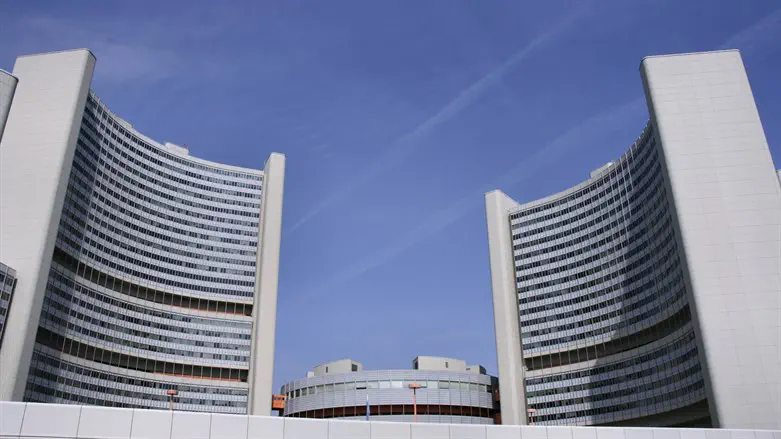
Iran has significantly escalated its production of near-weapons-grade uranium, according to a new report by the United Nations' nuclear watchdog, quoted by The Associated Press on Wednesday.
The Vienna-based International Atomic Energy Agency (IAEA) reported that as of February 8, Iran’s stockpile of uranium enriched up to 60% had reached 274.8 kilograms, marking an increase of 92.5 kilograms since the agency’s last report in November.
This level of enrichment brings the material dangerously close to weapons-grade levels of 90%. In comparison, Iran's stockpile stood at 182.3 kilograms in November 2024 and 164.7 kilograms last August.
“The significantly increased production and accumulation of high enriched uranium by Iran, the only non-nuclear weapon state to produce such nuclear material, is of serious concern,” the confidential IAEA report stated.
Experts note that approximately 42 kilograms of uranium enriched to 60% could be sufficient for one nuclear bomb if further enriched to 90%.
The report further estimated that Iran’s total stockpile of enriched uranium had grown to 8,294.4 kilograms as of February 8, an increase of 1,690.0 kilograms since November.
Iran has expanded its nuclear activities since 2019, following the decision by US President Donald Trump, in his first term in office, to withdraw from the 2015 nuclear deal signed between Iran and world powers.
In its latest step to advance its nuclear program, Iran recently informed the IAEA of its intention to "significantly increase" its production of uranium enriched up to 60 percent.
Responding to the latest report the Trump administration, which reimposed sanctions on Tehran as part of its "maximum pressure" strategy, emphasized the need to prevent Iran from acquiring nuclear weapons.
“President Trump has put the Iran Regime on notice by reimposing Maximum Pressure and is committed to ensuring the regime never gets a nuclear weapon. He has also made clear he is open to talks with Iran to come to an agreement that fully addresses the outstanding issues between our two countries,” said National Security Council spokesperson Brian Hughes, as quoted by AP.
Even with the sanctions, Trump has also said he would rather reach a deal with Iran than have Israel attack Iran’s nuclear facilities.
Despite the President’s recent comments on his desire to pursue a deal with Iran, Iranian Supreme Leader Ayatollah Ali Khamenei has cautioned the Iranian government against engaging in talks with Washington, describing such a move as “reckless.”
On Tuesday, Iranian Foreign Minister Abbas Araqchi ruled out the possibility of direct negotiations with the United States regarding Iran’s nuclear program.
"There will be no possibility of direct talks between us and the United States on the nuclear issue as long as the maximum pressure is applied in this way," Araqchi stated during a joint press conference alongside visiting Russian Foreign Minister Sergei Lavrov.
"Regarding the nuclear negotiations, the position of the Islamic Republic of Iran is very clear. We will not negotiate under pressure, threat or sanctions," he added.

